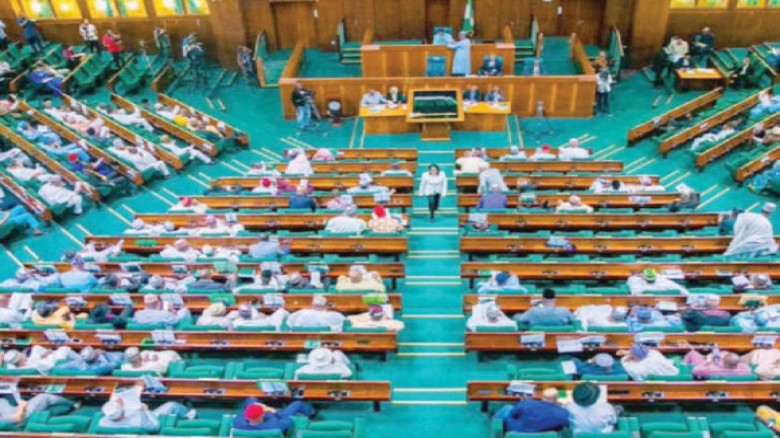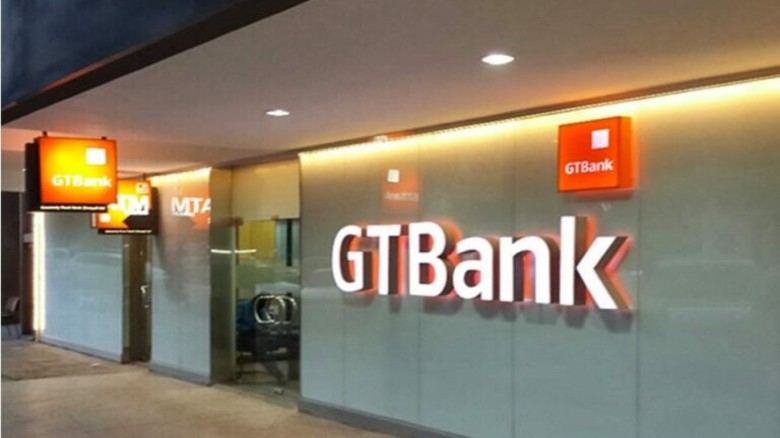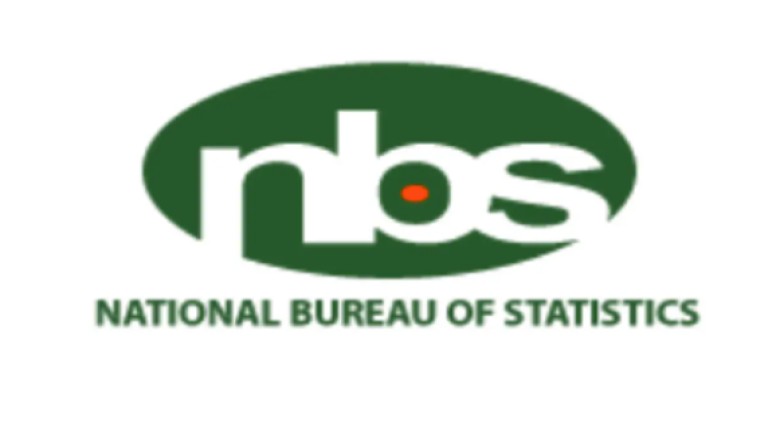Surplus cash may worsen inflation, warns MPC members
During the February Monetary Policy Committee meeting of the Central Bank of Nigeria, committee members identified excess cash in circulation as a significant factor contributing to the country's accelerating inflation. These concerns were articulated in statements made during the meeting, which were subsequently published on the apex bank's website. One member of the MPC, Pauline Odinkemelu, emphasized that the growth in money supply, particularly in M1, has the potential to further worsen inflationary pressures within the economy. She pointed out that the increase in M1 signifies rising transactional motives or an overflow of liquidity in the system, which could lead to detrimental effects on inflation dynamics. This observation underscores the importance of carefully managing the liquidity levels in the financial system to mitigate the risk of exacerbating inflationary trends.
According to Odinkemelu, the precautionary excess liquidity portion serves as a safeguard for insuring bank capital and managing uncertainty related to customer withdrawals, without adversely affecting monetary policy. However, she noted that the involuntary motive, often exceeding desired levels, particularly prevalent in developing economies' banking systems, is undesirable amid persistent inflationary pressures. This consideration influenced her decision to advocate for monetary policy tightening. Specifically, she proposed raising the Monetary Policy Rate (MPR) by 300 basis points, from 18.75 percent to 21.75 percent.
Recent Money Supply statistics from the Central Bank of Nigeria as of January 2024 indicate a significant surge in currency in circulation, soaring by 163 percent in January 2024 to N3.651 trillion from N1.39 trillion in the corresponding period of the previous year.
There was a slight 0.1 percent decrease month-on-month from the record high of N3.653 trillion in December 2023.
Similarly, currency outside banks skyrocketed by 314 percent to N3.28 trillion in January 2024 from N0.79 trillion in January 2023, indicating that 89.86 percent of the currency in circulation existed outside the banking sector by January 2024. This marked a significant increase from the 57.14 percent recorded in January 2023, following the CBN's naira redesign.
The percentage of currency outside the banking system reached its peak at 94 percent in December 2023, constituting an average of 84.46 percent of currency in circulation between 1960 and January 2024.
Additionally, Mustapha Akinkunmi, an MPC member, highlighted Nigeria's reserve money decrease to approximately N24.2 trillion by January 2024, juxtaposed with an increase in broad money supply to N93.7 trillion, exacerbating inflationary pressures.
Lamido Yuguda, Director-General of the Securities and Exchange Commission and also an MPC member, observed that loose monetary policy prevailed throughout 2023, leading to excessive liquidity in the system. He noted a 54.28 percent increase in reserve money and a 50.88 percent surge in broad money (M3) between December 2022 and December 2023, surpassing the provisional benchmark of 28.21 percent.
"The 50.88 percent surge in broad money from NGN 52.2 trillion in December 2022 to N78.7 trillion in December 2023 was primarily propelled by a 46.27 percent increase in net domestic assets, amounting to NGN 22.4 trillion. Essentially, this signifies the additional credit generated within the economy." Yuguda explained that while reserve money experienced a 2.34 percent decline in January 2024 compared to December 2023, mainly due to reduced liabilities to other depository corporations, broad money (M3) surged by 18.25 percent within a month, contributing to the substantial excess liquidity in the system.
























Leave A Comment